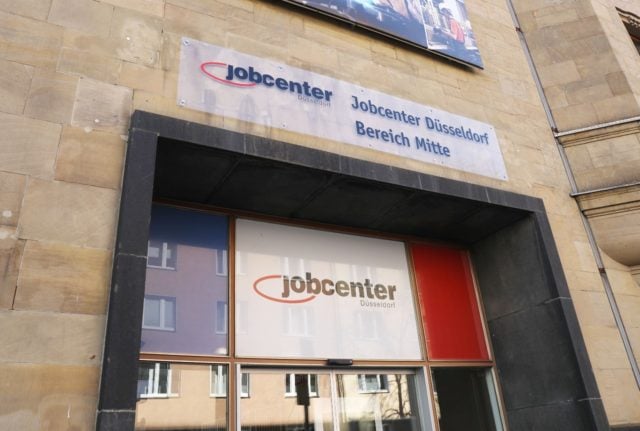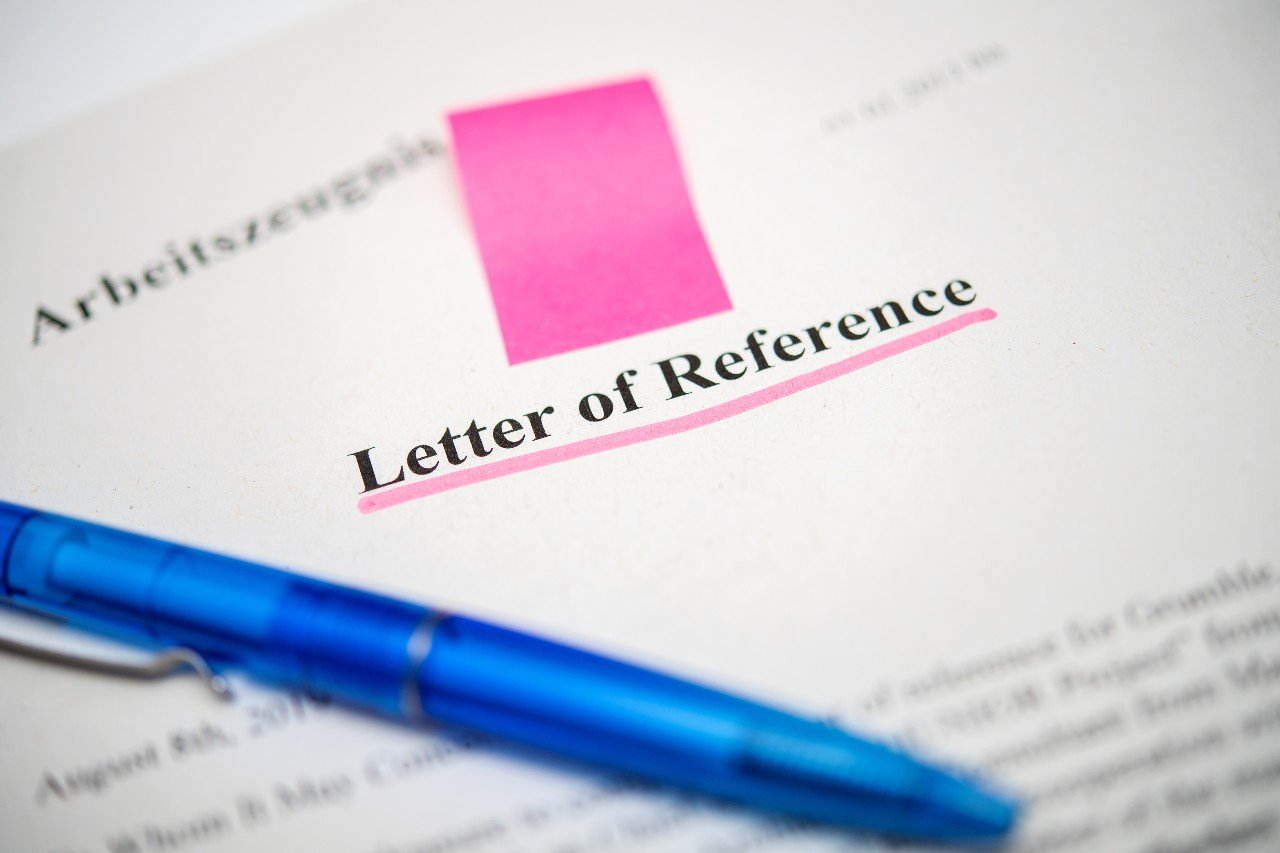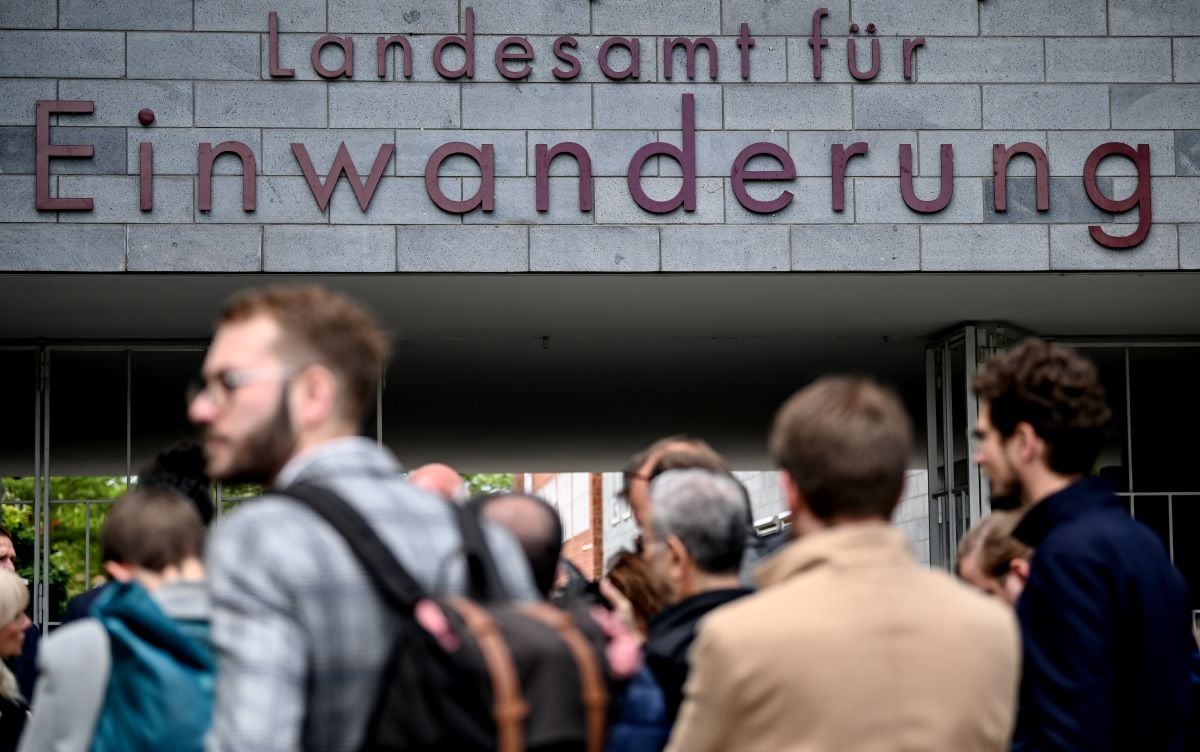The 6,000 positions make up a considerable chunk of BMW's more than 120,000 worldwide, with the job cuts coming as the industry battles a demand trough and production setbacks from the coronavirus pandemic.
Meanwhile BMW and Daimler-owned Mercedes “are putting their cooperation on
development of next-generation technology for automated driving on hold,” the
Munich and Stuttgart-based firms said in a joint statement.
READ ALSO: 'Germans are not tired of cars': Numbers of vehicles on the road continues to rise
The two groups had joined forces to catch up their American and Chinese competitors, including Tesla and Google, which have a head start.
It marks the first staff reduction that the company has made since the 2008 financial crisis, reported Germany's Handelsblatt.
But talks begun last year had showed that “in view of the expense involved
in creating a shared technology platform, as well as current business and economic conditions, the timing is not right,” they said.
“Cooperation may be resumed at a later date,” the two firms added.
BMW had already announced in May that it would bulk up a cost-cutting programme to tackle the economic devastation of infection control measures introduced to fight the coronavirus.
Bosses had already planned to reduce investments, while they hoped to slash labour costs via attrition rather than the additional measures announced Friday.
Now BMW has resorted to slashing two hours a week for some workers and
granting others an extra eight days' holiday per year in exchange for lower pay.
Like Daimler and industry behemoth Volkswagen, BMW expects the pandemic to
inflict an operating loss for the second quarter.
Many of its showrooms had to be closed for weeks.
And over the full year, its pre-tax profit is expected to be “significantly lower” than 2019's €7.1 billion.
Europe's auto market collapsed by 52.3 percent year-on-year in May, although the plunge was less steep than in April.
Meanwhile 41.5 percent fewer cars were sold in the first five months than last year.
A shrinking car market, a costly transition to electric power and harsh new
EU penalties for excessive CO2 emissions were all already sapping Germany's
flagship industrial sector before pandemic lockdowns bit.





 Please whitelist us to continue reading.
Please whitelist us to continue reading.